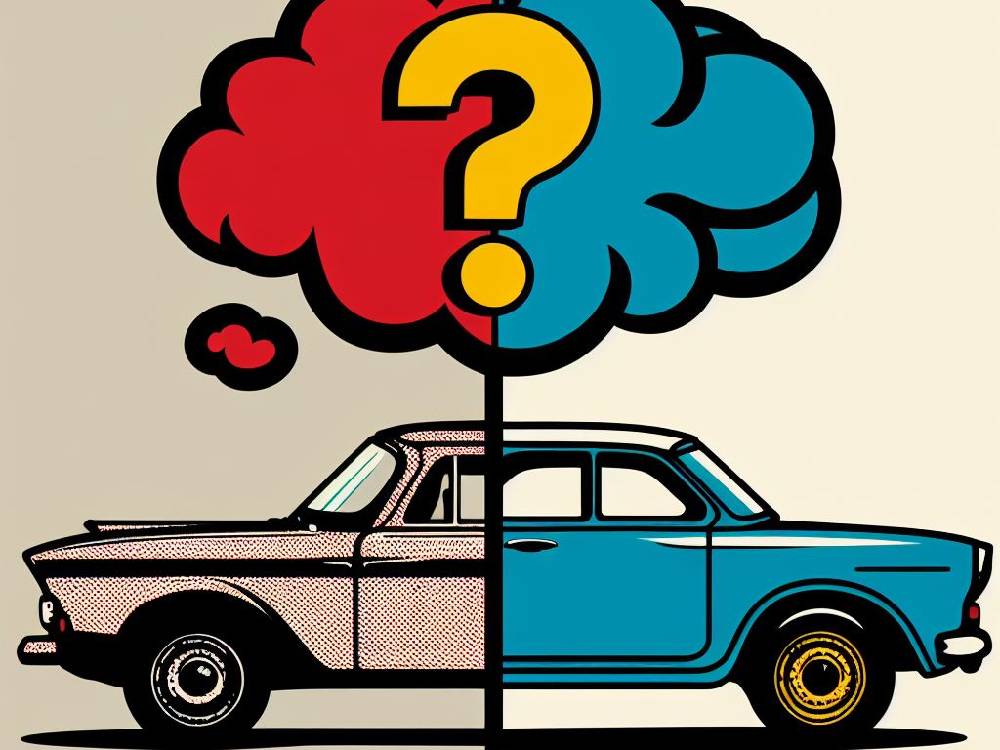Introduction
Drive away insurance…
Purchasing a new car?
Firstly, there’s something crucial you need to know.
Before you even think about revving up that engine and hitting the road, let’s talk about drive away insurance in the UK.
Now, you might be wondering, what exactly is drive away insurance?
Moreover, why is it so important?
Let me explain.
Drive away insurance is your ticket to peace of mind when purchasing a new vehicle.
Imagine this:
You’ve just found your dream car, and you’re eager to take it home.
However, there’s a catch.
You can’t legally drive it off the lot without proper insurance.
That’s where drive away insurance swoops in to save the day.
Here’s a quick rundown of what we’ll cover:
- The ABCs of Drive Away Insurance
- Flexible Coverage Options: From Hours to Days
- The Comprehensive Cover Advantage
- Navigating Legal Necessities
- Why It’s Ideal for the Waiting Game
Understanding Drive Away Insurance: More Than Just A Policy
So, what’s the big deal about drive away insurance?
In essence, it’s a temporary, yet comprehensive, insurance solution that kicks in the moment you become the proud owner of a new car.
Specifically, this type of insurance is tailor-made for the period between buying your new car and arranging long-term insurance.
But wait, there’s more.
Drive away insurance is not just a stopgap – it’s a fully-fledged, comprehensive policy that ensures you’re covered from the get-go.
Drive Away Flexible Coverage Options: Tailored To Your Needs
Now, let’s dive in.
You’re probably thinking, “Do I really need insurance for a car I just bought?”
The answer is a resounding yes, and here’s why.
Drive away insurance policies offer a variety of coverage lengths, from as short as 1-12 hours to as long as 1-28 days.
Why does this matter?
Because life is unpredictable, and your insurance should be as adaptable as your plans. Discover more about your coverage options.
The Comprehensive Drive Away Cover: Your Safety Net
But what about the coverage itself?
Fear not, drive away insurance has got you covered – literally.
We’re talking about comprehensive coverage here.
This means, from the moment you turn that key, you’re protected against a myriad of mishaps – from accidents to theft.
And here’s the kicker:
This coverage doesn’t impact your No Claims Discount on a long-term policy. Learn more about comprehensive vs third-party insurance.
**Legal Necessities: Staying on the Right Side of
The Law
Let’s get serious for a moment.
Driving your new car without insurance isn’t just risky; it’s illegal.
The consequences?
They can be pretty severe – ranging from hefty fines to points on your license, and even, in some cases, your car being impounded.
That’s a nightmare you definitely want to avoid.
Drive away insurance ensures you’re fully compliant from the moment you leave the dealership. For more on the legal aspects of car insurance, check out this article.
Ideal For The Waiting Game
And then there’s the waiting game.
Are you waiting for your annual policy to kick in?
Drive away insurance is your perfect ally.
It bridges the gap seamlessly, ensuring you’re not left in a lurch.
This is especially handy if you’re still shopping around for the best long-term insurance deal.
With drive away insurance, you’re not just waiting; you’re prepared. Find tips on switching car insurance for a smooth transition.
Quick And Efficient: The Hassle-Free Insurance Solution
Looking for a quick fix?
Drive away insurance isn’t just about comprehensive coverage; it’s also about convenience and efficiency.
In fact, getting your policy can be as quick as a few minutes.
What’s more, the process is incredibly straightforward.
Just a few clicks, and you can receive an instant quote, with policy activation following right behind.
Even better, all your policy documents are sent directly to your email.
Experience the ease of modern insurance solutions by exploring Telematics Car Insurance.
Cost Considerations: Balancing Affordability And Coverage
Wondering about the cost?
The price of drive away insurance is influenced by several factors, including the type of car and the driver’s profession.
But here’s the deal:
It’s a cost-effective way to ensure you’re covered right from the start.
Moreover, it gives you the time to find the most suitable long-term insurance without rushing into decisions.
Check out more on cost-effective insurance options at Very Cheap Car Insurance.
Customisable Policy Durations: Tailoring To Your Timeline
Need flexibility?
Drive away insurance doesn’t just come with flexible coverage options; it also offers customizable policy durations.
Whether it’s for an hour, a day, or a month, you can tailor the policy to match your specific needs.
This level of customization is particularly useful in today’s fast-paced world, where every driver’s situation is unique.
Find out how to customize your policy further at Car Insurance Options.
Conclusion
Drive Away Insurance: Your Gateway to Worry-Free Driving
In conclusion, drive away insurance is a vital, flexible, and cost-effective solution for new car owners.
Not only does it provide immediate coverage, but it also offers peace of mind during those first crucial days with your new vehicle.
Remember, driving without proper insurance is not only illegal but can lead to severe consequences.
Therefore, taking advantage of drive away insurance is a smart decision for any new car buyer.
For more insights on car insurance, take a look at New vs Old: Which Cars Cost More to Insure?.
Finally, as you embark on the journey with your new car, remember that drive away insurance is your first step towards responsible and stress-free car ownership.






